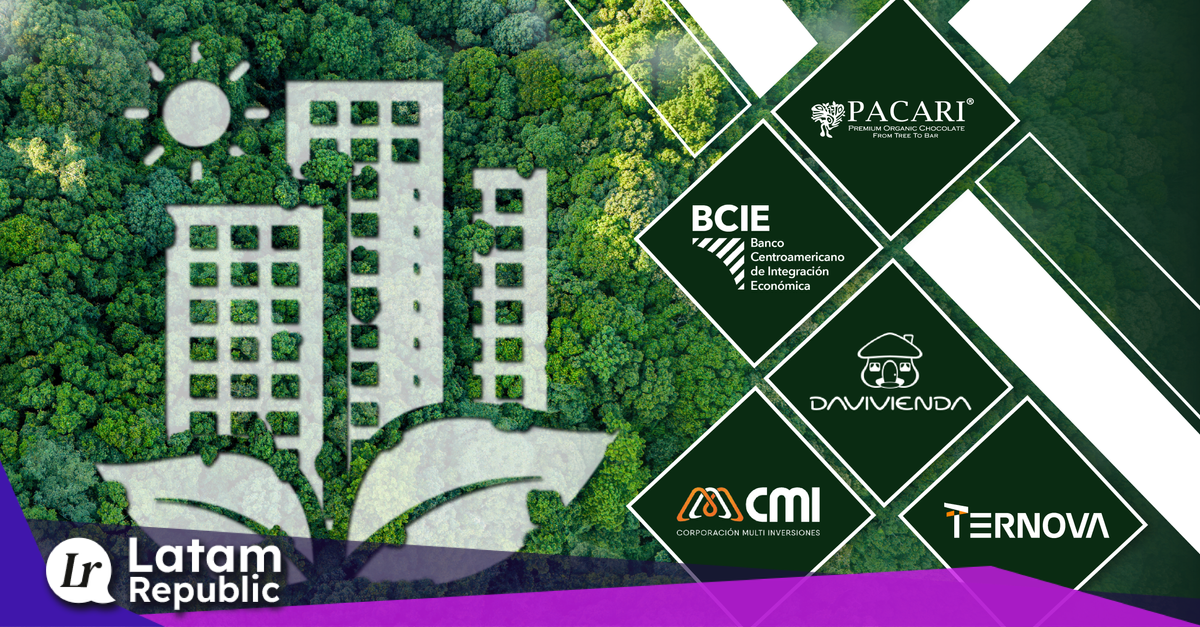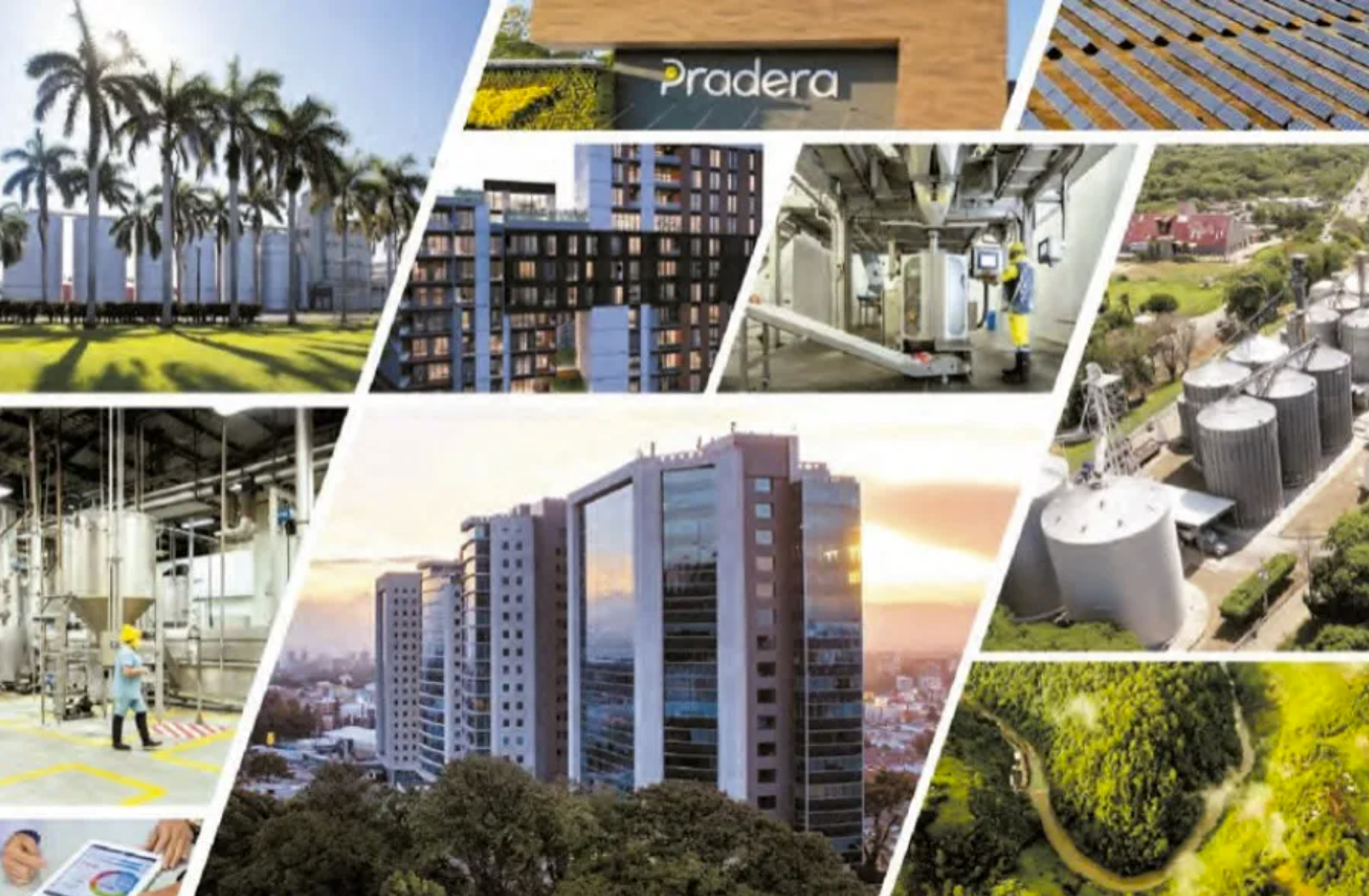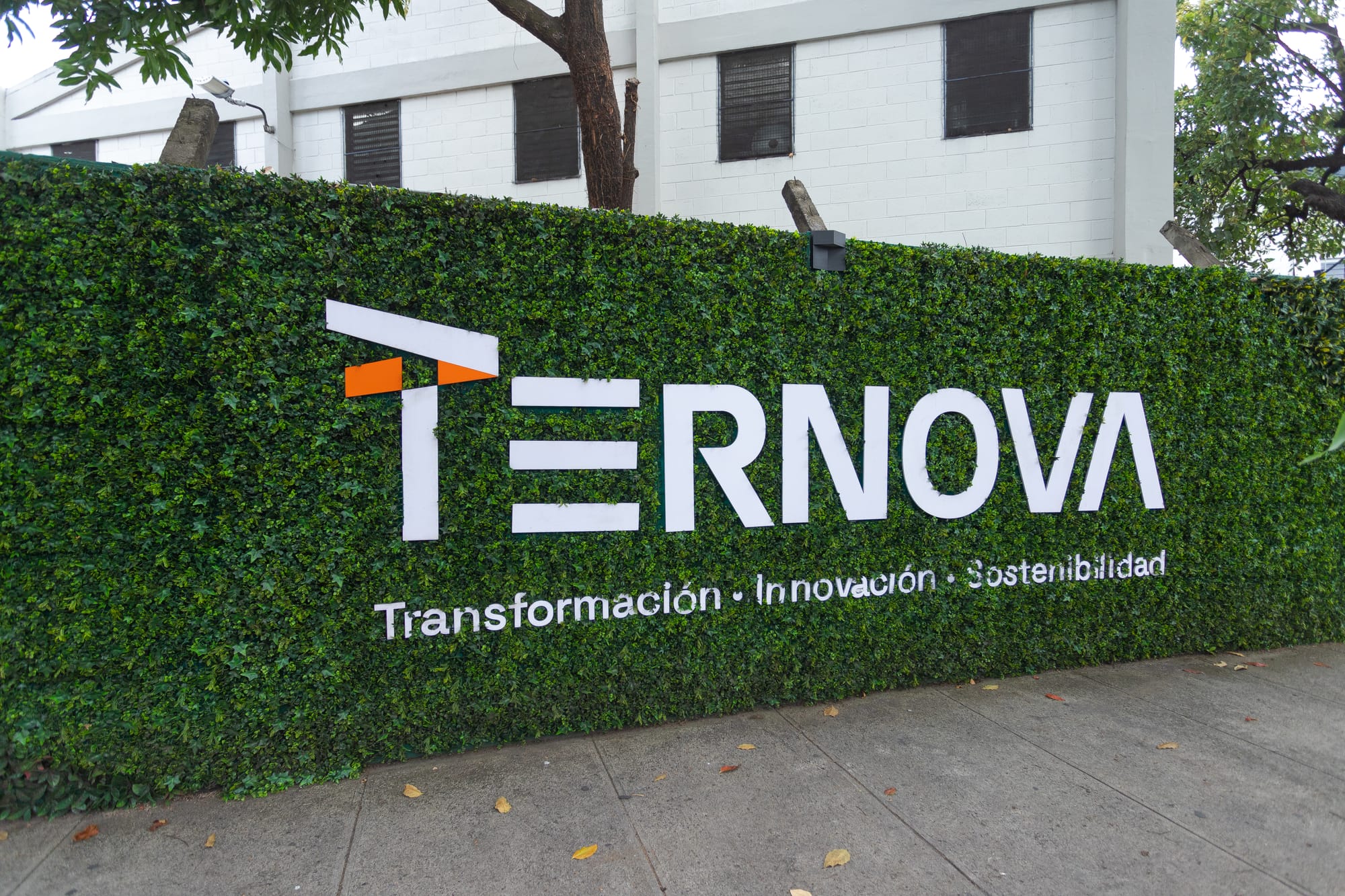Sustainability Lessons from Carbon Neutral Companies in Latin America
We explore how five companies in the region are achieving carbon neutrality and setting the standard for others to follow.

The reduction of the carbon footprint has become a global priority in the fight against climate change. These efforts not only contribute to environmental sustainability but also improves operational efficiency and corporate social responsibility for companies. In Latin America, several companies have distinguished themselves for their commitment to carbon neutrality by implementing innovative strategies to measure, reduce, and offset their emissions.
These initiatives not only benefit the environment but also position these companies as leaders in sustainability. Here, we explore how five companies in the region are achieving carbon neutrality and setting the standard for others to follow.
Paccari: A Pioneer in Ecuador

Paccari, an Ecuadorian food sector company, has achieved Carbon Neutral status through a rigorous process of measuring and reducing its carbon footprint. Since 2015, Paccari has worked on measuring the carbon footprint of its products, and in 2020, it began a comprehensive process to measure its entire operation.
This commitment has resulted in a 43% reduction in its emissions, as verified by the “Greenhouse Gases-GHG” study under international standards. Additionally, Paccari has implemented the replacement of fossil fuels with renewable energy and a plan to transition solar energy in its plants and offices in Quito.
Central American Bank for Economic Integration (CABEI): Emissions Compensation

The Central American Bank for Economic Integration (CABEI) has demonstrated its commitment to sustainability by offsetting its Greenhouse Gas (GHG) emissions. In 2023, CABEI purchased carbon credits for sustainable projects in Central America, offsetting a total of 1,829 tons of CO2.
These offsets include emissions generated by staff travel and operations in its offices in different countries. Since 2019, CABEI has offset 3,823 tons of CO2, proactively managing its carbon footprint.
Perhaps you might also be interested in reading: CMI Capital: pillar of investments in sustainable development
Davivienda: Sustainable Business Strategy

Banco Davivienda has obtained carbon-neutral certification at a multi-Latin level, being a pioneer in the financial sector. The financial institution has implemented emission reduction plans, energy efficiency measures, and environmental impact prevention strategies.
With its “Green Mission 2030” project, Davivienda has achieved Renewable Energy Certification for its operations in Central America, including the installation of photovoltaic systems in branches and efficient monitoring of its vehicles. Additionally, the bank is a member of several global sustainability initiatives, such as the Net-Zero Banking Alliance.
CMI: Commitment to Carbon Footprint Reduction

CMI, Corporación Multi Inversiones (CMI), is a multi-Latin family corporation with over 100 years of history and a strong commitment to sustainability and carbon neutrality. The corporation has integrated sustainability into its value chain, focusing on reducing its carbon footprint through various initiatives led by Juan Luis Bosch Gutiérrez, Chairman of CMI Capital, and Juan José Gutiérrez Mayorga, Chairman of CMI Foods.
Since 2010, CMI has worked on carbon-neutral certification at several of its plants. The company has reduced approximately one million tons of CO2 over the last 12 years. Additionally, it has implemented a shift towards renewable energies, with nearly 12,000 solar panels across its operations, significantly reducing its greenhouse gas emissions.
Among CMI’s carbon-neutral certifications are the concentrate plant in Costa Rica and the animal feed plant in El Salvador, preventing the emission of thousands of tons of CO2 annually.
Grupo Ternova: Innovation and Circular Economy

Grupo Ternova has been certified as carbon-neutral for the second time, standing out in Central America for its commitment to sustainability. Since 2018, Ternova has neutralized 7,069 tons of CO2 and promoted energy efficiency and the use of solar panels at its plants. Additionally, the company drives the circular economy by transforming flexible packaging into recycled solutions.
Its initiatives have recycled more than 15,000 tons of flexible polyethylene, demonstrating a comprehensive approach to sustainability and emissions reduction.
Companies in Latin America are taking significant measures to achieve carbon neutrality, setting high standards in sustainability. From Paccari in Ecuador to CMI in Central America, these organizations show that it is possible to reduce emissions and operate more sustainably. Additionally, initiatives like those of Grupo Ternova and Davivienda highlight the positive impact of the circular economy and innovation. These companies are not only mitigating their environmental impact but are also leading the way to a more sustainable future for the entire region.




